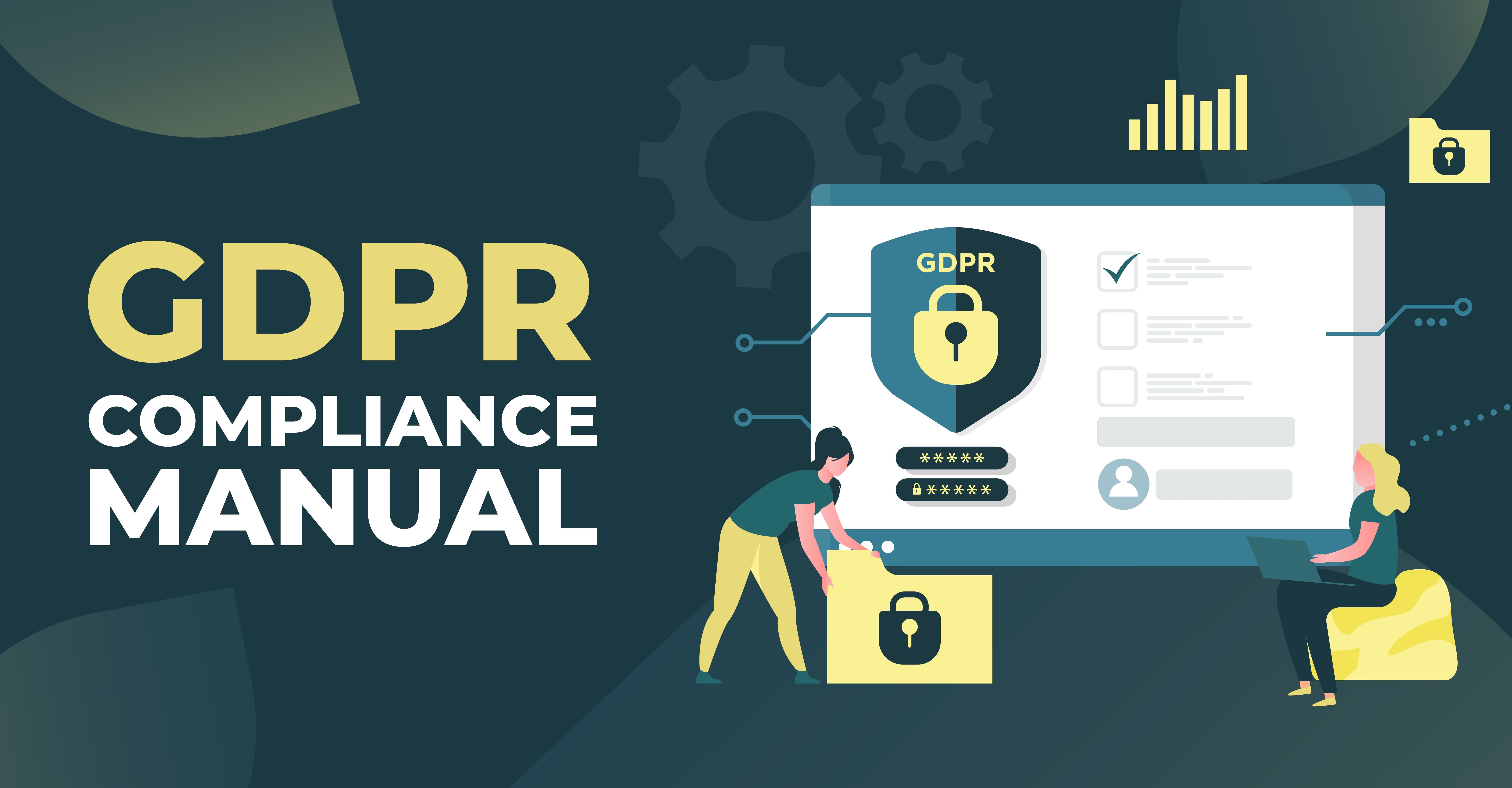How to File a GDPR Complaint
GDPR Article 77 gives you the right to lodge a complaint with a supervisory authority, if you feel that your data protection rights have been breached.
There are three ways to exercise this right.
1. Lodging a complaint with the Data Protection Authority (DPA) of Your Country
The GDPR appoints data protection authorities in each of the EU member states and those in the European Economic Area (EEA). Here's a list of the DPAs in your country.
Each data protection authority is required to investigate and respond to the outcome of your complaint within 3 months. You're allowed to remind them of this obligation and follow up as needed.
Remember, the GDPR only applies to EU residents inside the EU so residents of other parts of the world, like the U.S., cannot rely on this method.
2. Take Legal Action
Aggrieved consumers can file a lawsuit against the offending company while they wait for a decision from the DPA, too. This can be done in tandem if you believe your data protection rights have been violated egregiously.
3. File a Legal Complaint Against the DPA
The DPA is bound by law to respond within 3 months to all complaints, and follow a thorough, investigative process. If you believe that they have shirked this responsibility, your best bet is to file a legal complaint against the DPA for an EU court to decide the next steps.
What if My Data Was Processed in Multiple Countries?
It's possible that folks live and visit multiple countries and suspect that their data was mismanaged across borders. A popular example are fitness apps that track your data and may record your activity across borders. In this case, submit the complaint to the DPA of the country where you are a resident. There's an EU principle known as the 'one-stop-shop mechanism' that coordinates complaints across member countries. This principle will apply if cross-border data management is at play.

